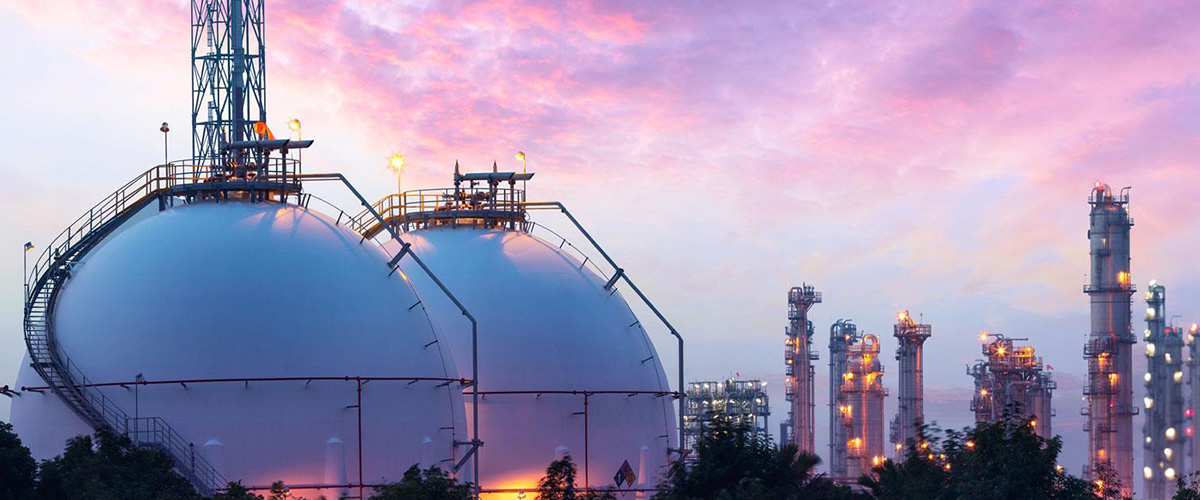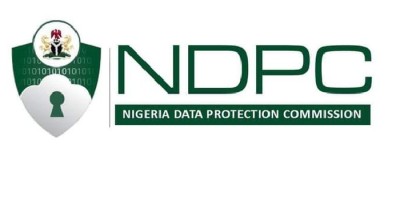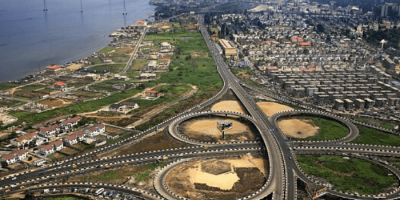- Home
- Grey Matter
- New DPR Guidelines Set Governing Framework for Flare Gas and Associated Gas Utilization Projects in Nigeria
New DPR Guidelines Set Governing Framework for Flare Gas and Associated Gas Utilization Projects in Nigeria
Posted on Mon 21 Jan 2019
- Download Resource
Recently, the Department of Petroleum Resources (“DPR”) issued a tetrad of Guidelines in furtherance of the objectives of the Flare Gas (Prevention of Waste and Pollution) Regulations, 2018 (the “Flare Gas Regulations”).
The Guidelines essentially provide an operational framework for the implementation of the Flare Gas Regulations, which were, earlier issued to ultimately promote the monetization of gas from flares whilst curbing harmful environmental impact arising from such gas flaring and venting.
The new Guidelines, which also derive legal and regulatory backing from some primary legislation and policy documents in the industry[1] besides the Flare Gas Regulations, are separately titled:
-
Guidelines for Grant of Permit to Access Flare Gas;
-
Guidelines for Flare Gas Measurement, Data Management & Reporting Obligations;
-
Guidelines for Flare Payments; and
-
Guidelines for Producer’s Associated Gas Utilization Project.
On a preliminary note, the Guidelines, to a large extent, expand on relevant provisions in existing legislations and regulations such as the Associated Gas Re-Injection Act, Petroleum Act, Petroleum Refining Regulations and the recently issued, Flare Gas Regulations. Indeed, the Department of Petroleum Resources (“DPR”), pursuant to its powers under the Flare Gas Regulations has now, by these Guidelines, specified the fees for data prying, data leasing and award of Permit to Access Flare Gas. Thus, it could be surmised that some significant addition has been introduced by the Guidelines to existing regulatory framework covering flare gas
The recently issued Guidelines have now collectively and more clearly set out the framework for the commercialization of flare gas in Nigeria. Additionally, these Guidelines reflect the commitment of the FGN to reduce the environmental and social impact of gas flaring, as well as develop the gas market in Nigeria by facilitating access to new economic opportunities that may be derived from gas flare capture.
Indeed, the Guidelines, if well applied, will enhance the attainment of the objectives set under the Nigerian Gas Flare Commercialization Programme (NGFCP) and the subsequent National Gas Policy approved by the Federal Executive Council (FEC) in 2016 and 2017 respectively. To this end, the new Guidelines are expected to drive in the short, medium and long terms:
-
clarification of the rules guiding investment in the gas sector;
-
provision of an enabling environment for increased private sector participation in the gas sector;
-
utilization of natural gas to reduce Green House Gas (GHG) emissions in line with the country’s obligations as a party to the Paris Agreement on Climate Change.
Highlights of the relevant provisions of each of the Guidelines are as follows:
a) Guidelines for Grant of Permit to Access Flare Gas
The Guidelines for Grant of Permit to Access Flare Gas (“Guidelines for Grant of Permit”) stipulate the procedure for the competitive bidding processes to be adopted by the Federal Government of Nigeria (“FGN”) before a permit to take Flare Gas at any Flare Site on behalf of the FGN, can be issued to Nigerian-registered companies.
Whilst a permit can be granted to either:
-
a producer carrying out a Producer’s Approved Flare Out Project; or
-
a preferred bidder under the FGN programme executing a Third Party Flare Gas Commercialization Project;
the Guidelines for Grant of Permit applies only to bidders under the FGN programme executing Third Party Flare Gas Commercialization Project.
From our reading of the Guidelines for Grant of Permit, it is important to note, that:
-
the grant of a Permit to Access Flare Gas shall only be by an open and competitive bid and any entity or individual barred by the Economic and Financial Crimes Commission (“EFCC”) as well as the Independent Corrupt Practices and Other Related Offences Commission (“ICPC”), or appears on the World Bank Debarred List and/or barred by the US Treasury Office of Foreign Assets Control shall not be eligible to participate in the competitive bid process conducted by the FGN.
-
The bid process includes (i) Registration on the programme portal; (ii) downloading the Request for Qualification and the Programme Information Memorandum (“RFQ Package”); and (iii) Submission of a Statement of Qualification (“SOQ”) to demonstrate capability to develop a Project.
-
After evaluation of the SOQ, successful applicants will receive Requests for Proposal with supporting materials and Flare Site Data; and thereafter apply for a Data Access permit as well as pay Data Prying Fee and the Data Leasing Fee.
-
Qualified applicants may submit Technical, Commercial and Financial Proposals to take and commercialize Flare Gas on behalf of the FGN and these proposals are required to be accompanied by a Bid Bond (1% of the estimated Project capital expenditures subject to a maximum of $1,000,000), and such Bid Bond shall remain valid for a period not less than six (6) months after the bid submission due date.
-
The Bid Bond shall be returned to a Bidder not selected as the Preferred Bidder or Reserve Bidder.
-
Any Permit can be revoked by the Minister of Petroleum Resources (“Minister”) in circumstances outlined in the Flare Gas Regulations.
-
a Permit Holder has exclusive right to take such quantities of Flare Gas from a Flare Site or from one or more Flare Sites and for such duration as may be specified in the Permit; and the title to such Flare Gas shall be transferred from the FGN to the Permit holder.
-
Pipelines, machinery and other facilities used to transport Flare Gas from the Flare Gas Connection Point to the Delivery Point, must meet engineering best practice, standards approved by the DPR, as well as standards agreed upon between the Permit holder and a Producer as it relates to health, safety and environment protocols.
-
A Permit Holder shall not engage in routine flaring or venting of natural gas from any self-operated facility
The Guidelines for Grant of Permit specifies that within sixty (60) days from the date of being declared the preferred bidder, the Preferred Bidder must execute a Milestone Development Agreement (MDA) and Gas Sales Agreement (GSA) with the FGN; whilst a Connection Agreement and Deliver or Pay Agreement (where applicable) shall be executed between the Preferred Bidder and the relevant Producer.
A Preferred Bidder who is unable to fulfill the stated conditions for the grant of a Permit shall be issued a revocation notice by the Minister. Where the conditions remain unfulfilled within thirty (30) days of issuance of the revocation notice, the affected Preferred Bidder shall be deemed to have forfeited its Preferred Bidder status and the Bid Bond will be drawn on by the FGN.
However, where, all the relevant conditions are fulfilled, a Permit to Access Flare Gas is granted to a Preferred Bidder within fourteen (14) days from the date all conditions are satisfied.
[1] Petroleum Act, 1969 (as amended) – Paragraph 35(b) of the First Schedule thereto; Associated Gas Re-Injection Act, 1979; Petroleum (Drilling and Production) Regulations, 1969 (Paragraph 44 thereof); Petroleum Refining Regulations, 1974; Nigerian Gas Flare Commercialization Programme, 2016; and the National Gas Policy, 2017













